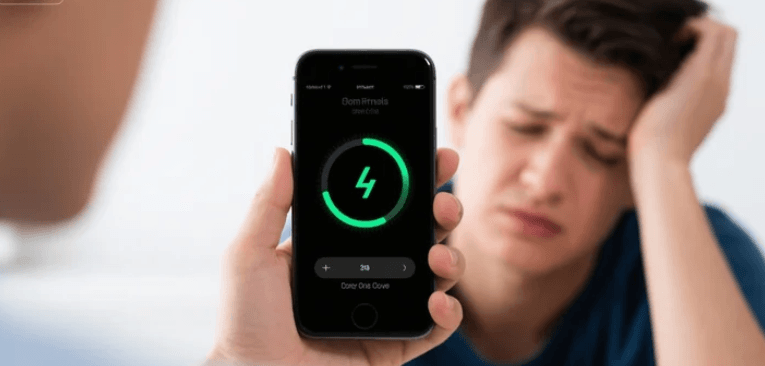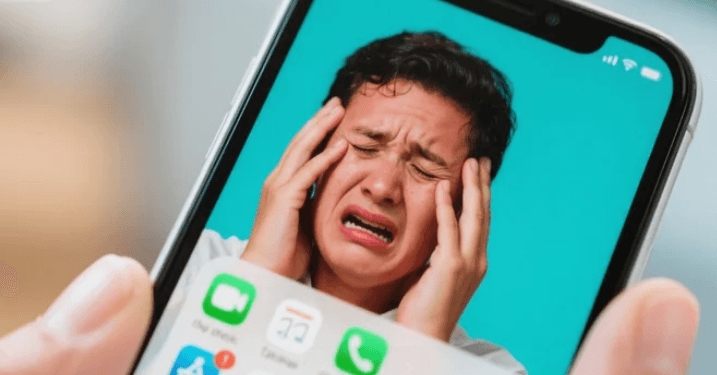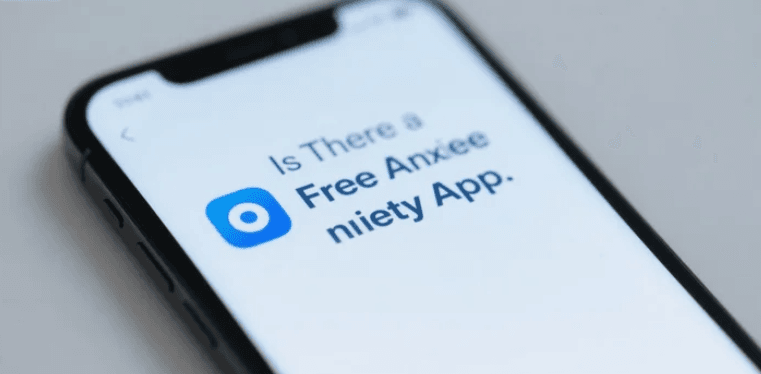How Accurate Are Stress Apps? Understanding the Technology Behind Stress Tracking
With the growing focus on mental wellness, stress tracking apps have become increasingly popular. These tools claim to measure your stress levels and provide insights to help you manage daily pressures more effectively. However, one common question remains: how accurate are stress apps? Understanding the science behind these tools, their limitations, and how to use them properly is key to getting meaningful results.
How Stress Apps Measure Stress
Stress apps typically estimate stress levels by analyzing physiological and behavioral data. Most rely on a combination of the following metrics:
- Heart Rate Variability (HRV): A lower HRV is often associated with higher stress levels.
- Heart rate: Elevated heart rate can indicate stress or anxiety.
- Breathing patterns: Shallow or irregular breathing is commonly linked to stress responses.
- Activity tracking: Changes in movement patterns can reflect emotional states.
- Sleep quality: Poor sleep can be a sign of increased stress.
By collecting and analyzing this data, stress apps generate a score or trend that reflects your current state and long-term patterns.
Factors That Influence Accuracy
The accuracy of stress apps depends on several factors, including the sensors used, the quality of data, and how the information is interpreted.
- Device quality: Apps paired with high-quality wearables tend to deliver more precise readings due to better sensors.
- Data consistency: Regular tracking improves accuracy by creating a reliable baseline for comparison.
- Individual differences: Everyone’s physiological responses to stress are unique, which can affect how accurately an app reflects actual emotional states.
- Environmental factors: Temperature, caffeine intake, and physical activity can influence heart rate and breathing, impacting results.
Are Stress Apps Scientifically Reliable?
Many stress apps use heart rate variability as a key metric, and HRV is well-supported by scientific research as a reliable indicator of stress and recovery. However, no app can diagnose anxiety or mental health conditions. Instead, they are best viewed as tools to monitor trends and provide insights into how daily habits and situations impact your stress levels.
The Role of BodyWave App in Stress Tracking
Among the available options, the BodyWave app is designed to offer real-time tracking of heart rate variability and daily activity patterns to estimate stress levels accurately. It also provides guided breathing exercises and personalized tips based on your data to help you regulate stress effectively.
By using the BodyWave app consistently, you can gain a clearer picture of your stress patterns and take proactive steps to improve your mental well-being. Its combination of accurate data tracking and actionable recommendations makes it a reliable tool for everyday use.
How to Use Stress Apps Effectively
To get the most accurate results from stress apps, it’s essential to use them correctly and consistently.
- Track regularly: Daily tracking helps the app create a reliable baseline for your stress patterns.
- Combine with context: Consider what’s happening in your day to interpret readings accurately.
- Respond to feedback: Use the app’s suggestions for breathing exercises or relaxation techniques when stress levels spike.
- Review long-term trends: Patterns over weeks or months provide more useful insights than single readings.
Benefits of Using Stress Apps Despite Limitations
Even if stress apps are not 100 percent accurate, they still offer valuable benefits:
- Increased awareness: Monitoring stress helps you recognize triggers and patterns you might otherwise overlook.
- Early intervention: Real-time alerts can prompt you to use relaxation techniques before stress escalates.
- Behavior change support: Consistent feedback encourages the development of healthier habits over time.
- Complement to professional help: Stress apps can work alongside therapy or counseling to provide daily insights and support.
What Stress Apps Can and Cannot Do
It’s important to set realistic expectations for stress tracking apps.
- What they can do: Provide real-time data, track patterns, offer relaxation exercises, and raise awareness of stress levels.
- What they cannot do: Diagnose mental health conditions, replace therapy, or offer a complete picture without user context.
Understanding these limitations helps you use the app as a supportive tool rather than relying on it as a definitive measure of emotional health.
Combining Stress Apps with Other Wellness Practices
For the best results, pair stress tracking apps with other healthy habits such as regular exercise, balanced nutrition, quality sleep, and mindfulness practices. This combination creates a holistic approach to managing stress and maintaining overall well-being.
The BodyWave app complements these practices by providing real-time insights that help you understand how lifestyle changes affect your stress levels. By integrating technology with daily wellness routines, you can create a more balanced and sustainable approach to mental health.
Do Stress Apps Work for Everyone?
Stress apps can be beneficial for most people, but individual responses vary. Some users may find the data highly reflective of their emotional state, while others might see only general trends. Consistency, context, and willingness to respond to feedback are key to making these tools effective.
Final Thoughts: How Accurate Are Stress Apps?
Stress apps are not perfect, but they are valuable tools for understanding and managing your mental well-being. While accuracy can vary depending on devices, usage, and individual differences, these apps provide meaningful insights into patterns and triggers that influence stress.
The BodyWave app, with its focus on heart rate variability and personalized recommendations, offers a reliable way to monitor and regulate stress daily. By using stress apps consistently and combining them with healthy lifestyle practices, you can take proactive steps toward better emotional balance and overall health.
In conclusion, stress apps may not deliver clinical-level accuracy, but they are powerful allies in building awareness, supporting relaxation techniques, and fostering long-term mental wellness.







BodyWave: Invest in Your Well-being!

